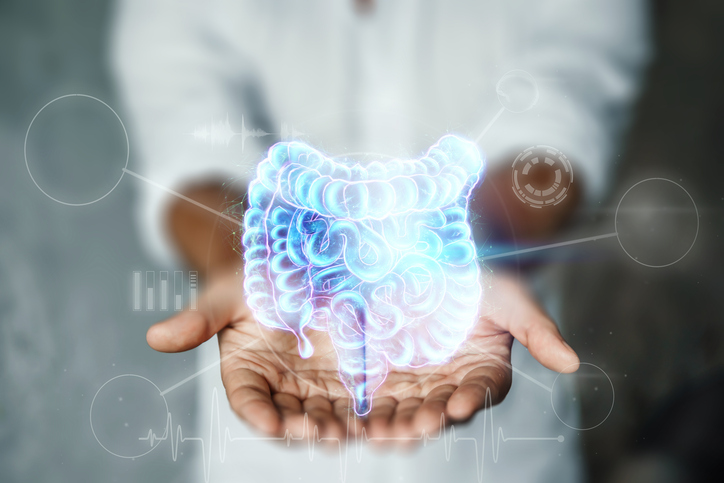
The microorganisms in the intestines of many overweight people produce alcohol at an increased rate, which leads to fatty liver disease. Researchers from Amsterdam UMC have received a prestigious grant to conduct research into the underlying causes of this excessive alcohol production.
Fatty liver disease
Professor of Internal Medicine Max Nieuwdorp and his team at the Amsterdam UMC discovered that alcohol is produced in the intestines of overweight people in 2022. Breaking down excessive alcohol leads to fatty liver disease, which in turn poses a risk of diseases such as type 2 diabetes and heart disease. – and vascular diseases. Nieuwdorp has now received an ERC Advanced grant of 2.5 million euros for a major study into the underlying causes of excessive alcohol production. Ultimately, he hopes to find a way to prevent excess alcohol produced in the intestines, and thus the related diseases.
Half a liter of whisky
Previous research shows that the conversion of sugars in the intestines of overweight people can release an amount of alcohol comparable to almost half a liter of whisky. This is because the composition of the microbiome in their small and large intestines is disturbed. A lot of alcohol in the intestines can have major consequences for patients. Nieuwdorp: ‘The liver, just like with alcohol from drinks, has to work hard to break down the large amount of alcohol, and this is done by storing it as fat. This causes people to develop a fatty liver that can eventually become inflamed and lead to serious conditions such as liver cirrhosis and cardiovascular disease.’
Lots of sugars
Almost 1 in 5 adults in the Netherlands is overweight and more than 80 percent of them have fatty liver disease. Nieuwdorp suspects that many sugars in our modern diet have to do with increased alcohol production in the intestines. He will use the money from the grant to investigate this further, for example by analyzing the medical data and eating patterns of participants in the long-term HELIUS study.
Bacteria in the intestine
Nieuwdorp hopes that the discovery of increased alcohol production due to the disrupted microbiome in the intestines will create a new path in the search for a way to treat fatty liver disease and liver inflammation. For example, he wants to see whether it is possible to control alcohol production in the intestines by equipping bacteria in the intestine with properties that allow them to break down more alcohol.
ERC Advanced grant
The ERC Advanced grants offer European researchers the opportunity to pursue ambitious, curiosity-driven projects that could lead to important scientific breakthroughs. They are awarded to established, leading researchers with a proven track record of significant research results over the past decade.
Source: Amsterdam UMC




